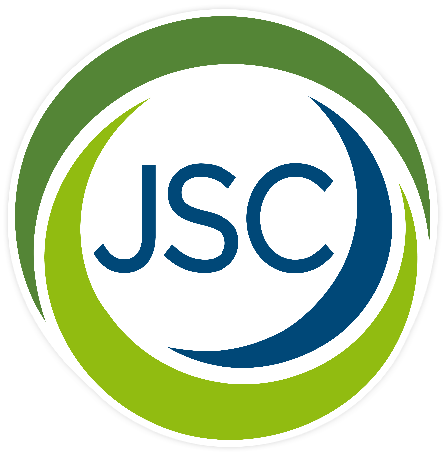By Kathy Jordan
As the founder and CEO of Jordan Search Consultants, I know firsthand that women bring unique and innovative leadership skills to all professions, including that of healthcare. In fact, having women in the highest ranks of leadership directly correlates with increased organizational profitability. And although the gender ratio is starting to shift toward a more balanced distribution in the world of healthcare, there is still much that needs to be done in order to encourage and equip female providers to continue to pursue careers and leadership paths in medicine.

In 2017, the number of females entering medical school surpassed the number of male enrollees for the first time. As more women physicians, Nurse Practitioners (NPs), and Physician Assistants (PAs) enter the traditionally male-dominated field of healthcare, organizations must recognize and respond to their particular needs. By advocating for women in the healthcare industry, and taking steps to support and enable their success, forward-thinking organizations will reap the benefit of building a strong workforce that is inherently well-equipped to navigate the collaborative nature of the evolving healthcare landscape and address the challenges of current and future physician shortages.
Only about one-third of physicians in practice now are female. However, when the current classes of medical students finish residency in a few years, the majority of new physicians will be female. Currently, women physicians do not receive the same pay (and they often do not receive the same respect) as their male counterparts, despite producing better outcomes. These inequalities undoubtedly contribute to the higher rates of disengagement and burnout of female physicians. To recruit and retain more women doctors, healthcare organizations must implement hiring policies and work environments that recognize their value in a supportive and substantial way. This includes committing to salary transparency and less pay disparity, providing leadership and growth opportunities (including mentor relationships), creating systems that allow for more flexible work schedules, supplying access to supportive professional communities, and offering better maternity leave policies and childcare options to encourage work-life balance and decrease burnout.
In addition to the increasing number of female physicians entering the healthcare workforce, there are currently more than 270,000 licensed NPs in the U.S. The vast majority (88%) of NPs are female. The role of Physician Assistant, one of the fastest-growing jobs in the U.S., is also predominantly filled by women. With current physicians facing increased patient loads and more administrative burdens, NPs and PAs have stepped in to fill the gap by taking on more responsibilities. By partnering with physicians as part of a team, they are able to provide much-needed primary care services to patients. Not only does this arrangement help decrease patient wait time, research has also shown that when women are part of a group, collaboration, collective intelligence, and overall performance of the team increases. Additionally, women are often inherently stronger in soft skills such as empathy and are able to ensure a patient feels heard and cared for. One study showed that 65 percent of patient satisfaction was linked to empathetic communication during their visit – an important consideration in the ongoing shift to value-based models of care.
Clearly, women bring unique and valuable skills to the field of healthcare, including the ability to engage with patients, improve care, and support collaborative innovation. But more must be done to encourage and support their career and leadership goals, and fairly compensate them for their work. By working to empower female providers in meaningful ways, organizations will also equip themselves for future success.
If you’d like to learn more about how to support and advocate for female providers in your organization, call 866-750-7231 or email me here.


